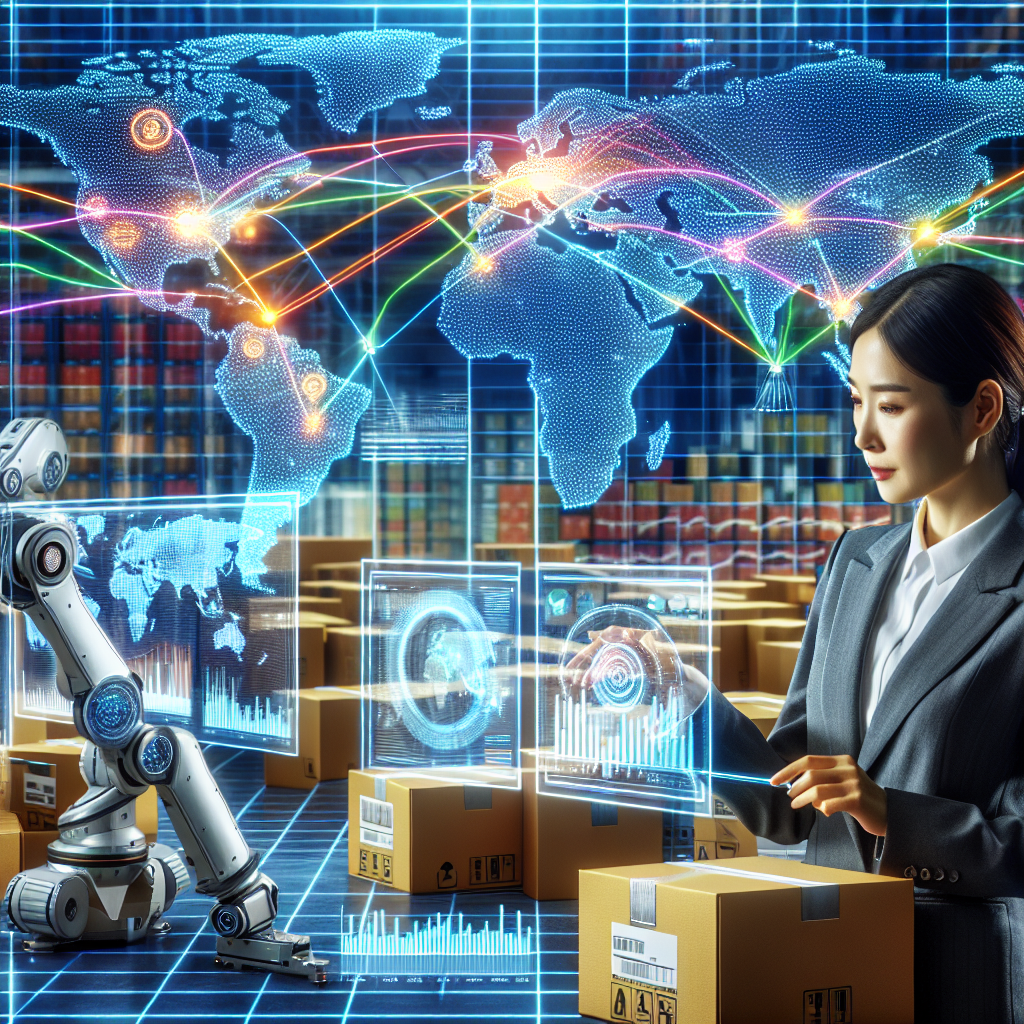AI in Supply Chain Management: Your Questions Answered
Hey there! 🌟 Are you curious about how Artificial Intelligence (AI) is shaking up the world of supply chain management? Well, you’re in the right place! Let’s dive into some of the most common questions people have about this exciting topic.
What is AI in Supply Chain Management?
Great question! AI in supply chain management refers to the use of advanced technologies to enhance and streamline logistics and operations. This can include everything from predictive analytics and machine learning to robotics and automation. Essentially, it’s about using smart systems to make faster, more efficient, and more accurate decisions.
Why is AI important for Supply Chains?
Imagine having a crystal ball that can predict demand, optimize inventory, and anticipate disruptions. That’s what AI brings to the table! Here are a few benefits:
- Efficiency: AI can automate routine tasks, freeing up human resources for more strategic roles.
- Accuracy: With AI, companies can forecast more accurately and avoid costly mistakes.
- Adaptability: AI systems can quickly adjust to changes in demand or supply, making supply chains more resilient.
How does AI enhance inventory management?
Inventory management can be a tricky balancing act. Too much stock ties up capital, while too little can lead to missed sales. Here’s how AI can help:
- AI algorithms analyze historical data to forecast demand more accurately.
- They can optimize reorder points and order quantities based on real-time conditions.
- AI can also detect patterns indicating potential issues like theft or spoilage and alert managers to take action.
Can AI improve supply chain transparency?
Absolutely! Supply chain transparency is all about knowing exactly where products are at any given time, from raw materials to the finished product. AI can enhance this by:
- Tracking shipments in real-time using IoT sensors and GPS data.
- Providing insights into supplier performance and potential risks.
- Offering predictive analytics to foresee potential delays or disruptions.
Is AI adoption costly for smaller businesses?
The initial investment in AI technology can indeed be significant. However, the long-term savings and efficiency gains often justify the expense. Moreover, thanks to cloud-based solutions and scalable technologies, even small businesses can afford to implement AI in stages. Many vendors also offer pay-as-you-go models, so you only pay for what you use!
What are the best practices for implementing AI in supply chains?
Just jumping on the AI bandwagon without a plan can lead to challenges. Here are some tips to ensure success:
- Start small: Begin with a pilot project to understand how AI can solve specific problems in your supply chain.
- Integrate with existing systems: Make sure the AI tools you choose can work well with your current infrastructure.
- Train your team: Equip your employees with the skills they need to make the most of the new technologies.
- Continuous improvement: Keep refining and optimizing your AI systems based on feedback and performance data.
If you’re eager to see more examples of how AI can transform supply chains or have other burning questions, feel free to drop them in the comments below or check out our latest articles.
Happy optimizing! 😊
